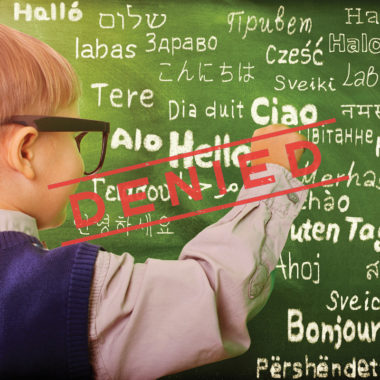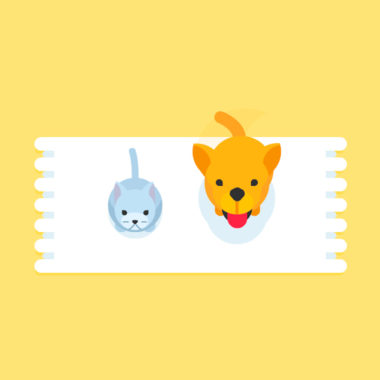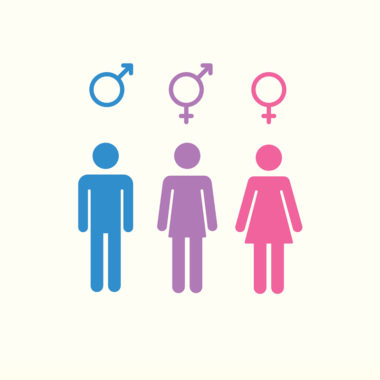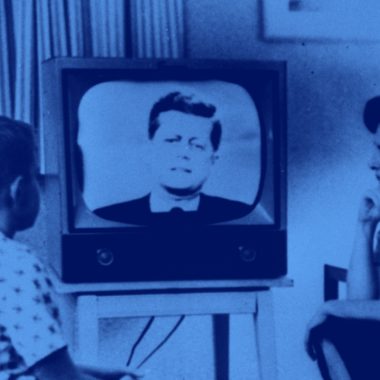Have You Ever Experienced Language Denialism?
What makes something a “real” language? For most of us, real language is the language we speak and the languages that large groups of other people speak. You may not know how to speak French, for instance, but many other people do, and it’s an official language of many countries, so clearly it must be “real.” But, what about different dialects of languages, regional languages, …











